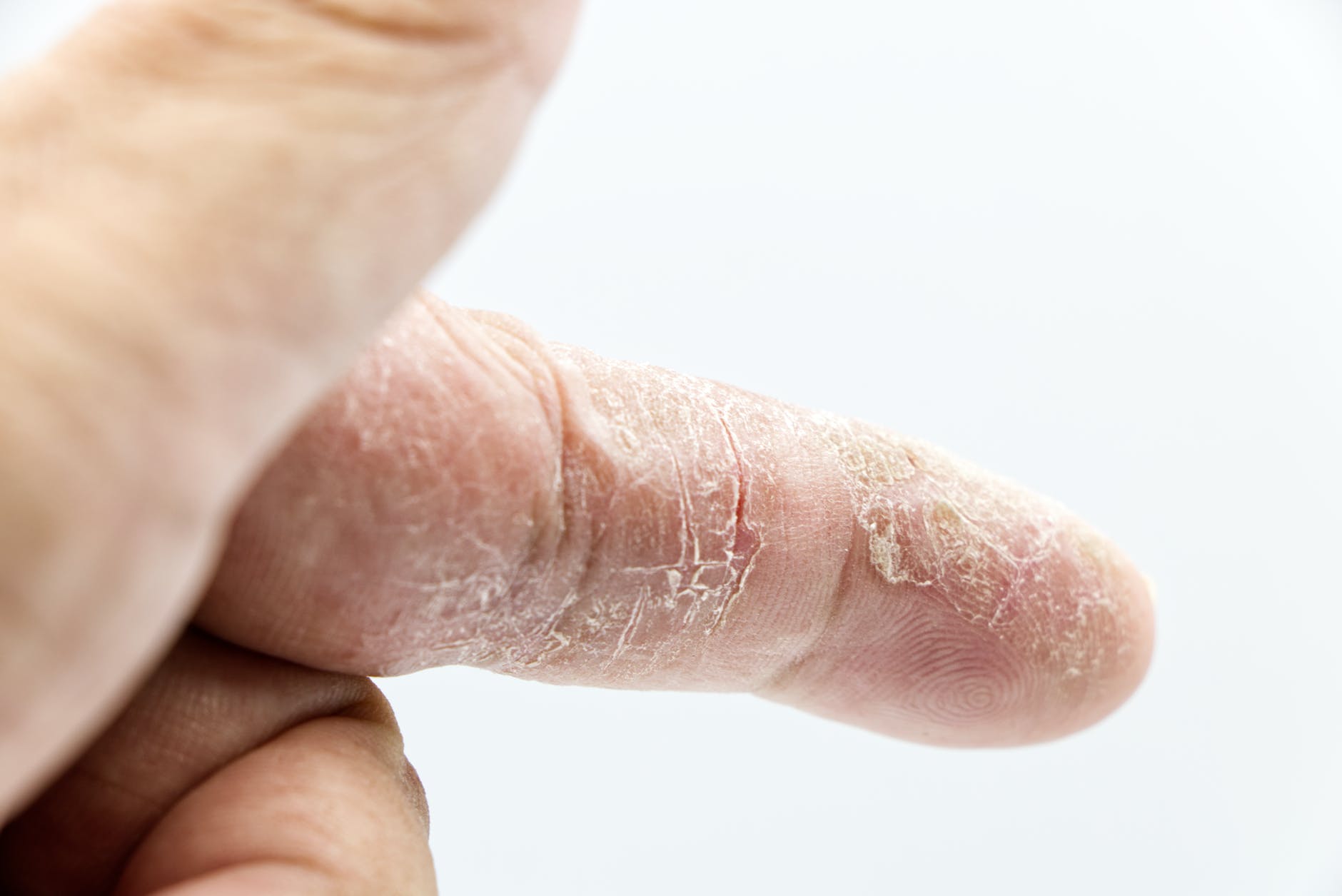Nature has gifted us with a treasure trove of plants that possess remarkable healing properties. Among these botanical wonders, Mullein (Verbascum thapsus) stands tall as an exceptional herb with a long history of medicinal use.
Revered for its diverse therapeutic benefits, Mullein has been a go-to remedy for various ailments since ancient times.
In this blog post, we will explore the origins of Mullein and delve into its impressive medicinal uses.
Origin and Cultivation
Mullein is native to Europe, North Africa, and Asia, but it has since been naturalized in various parts of the world. The herb thrives in sunny areas with well-drained soil, often found in meadows, roadsides, and wastelands.
It is characterized by its robust stature, featuring a tall flowering stem that can reach heights of up to six feet. The leaves of Mullein are soft, fuzzy, and often arranged in a basal rosette.
Medicinal Uses of Mullein
1. Respiratory Health
Mullein has gained popularity as a reliable herbal remedy for respiratory conditions. The herb’s expectorant properties make it useful in relieving coughs, bronchitis, and asthma symptoms. Its soothing nature helps to reduce inflammation and alleviate congestion in the lungs.

2. Earaches and Ear Infections
Mullein oil, derived from the flowers, has been traditionally used to treat earaches and infections. A few drops of warmed Mullein oil can be gently instilled into the ear canal to help alleviate pain and reduce inflammation. However, it is always advisable to consult a healthcare professional before using any home remedy for ear conditions.
3. Skin Conditions
Mullein possesses both anti-inflammatory and antimicrobial properties, making it a valuable herb for various skin ailments. Topical applications of Mullein oil or ointments are believed to aid in the treatment of wounds, burns, rashes, eczema, and hemorrhoids. Its emollient nature helps soothe irritation and promote healing.

4. Pain Relief
Mullein leaves have analgesic properties, which can be beneficial in managing pain associated with conditions like arthritis, joint pain, and muscle aches. Preparations like infused oils or poultices can be applied topically to the affected areas for localized relief.
5. Digestive Support
Mullein has been used to address gastrointestinal issues, including diarrhea, constipation, and stomach cramps. The herb’s mild laxative and antispasmodic properties help promote healthy digestion and soothe gastrointestinal discomfort.
6. Anti-Inflammatory Effects
Mullein contains compounds that possess anti-inflammatory properties, which may provide relief from inflammatory conditions such as rheumatoid arthritis and gout. Consuming Mullein tea or using it topically as a poultice can help reduce swelling and alleviate pain.

Conclusion
Mullein, with its ancient origins and remarkable medicinal properties, continues to captivate herbal enthusiasts and natural health practitioners alike. From its historical usage as a respiratory aid to its versatile applications in skincare and pain management, Mullein has proven to be a versatile and effective herbal remedy.
While it’s essential to seek guidance from healthcare professionals, exploring the potential of this botanical treasure can offer an alternative approach to health and well-being. Embracing the wisdom of traditional remedies like Mullein reminds us of the abundant healing power found in nature.

Leave a comment